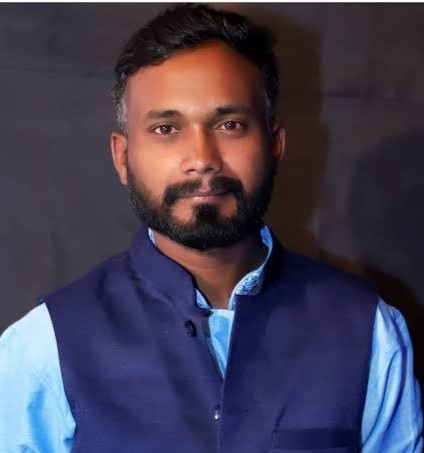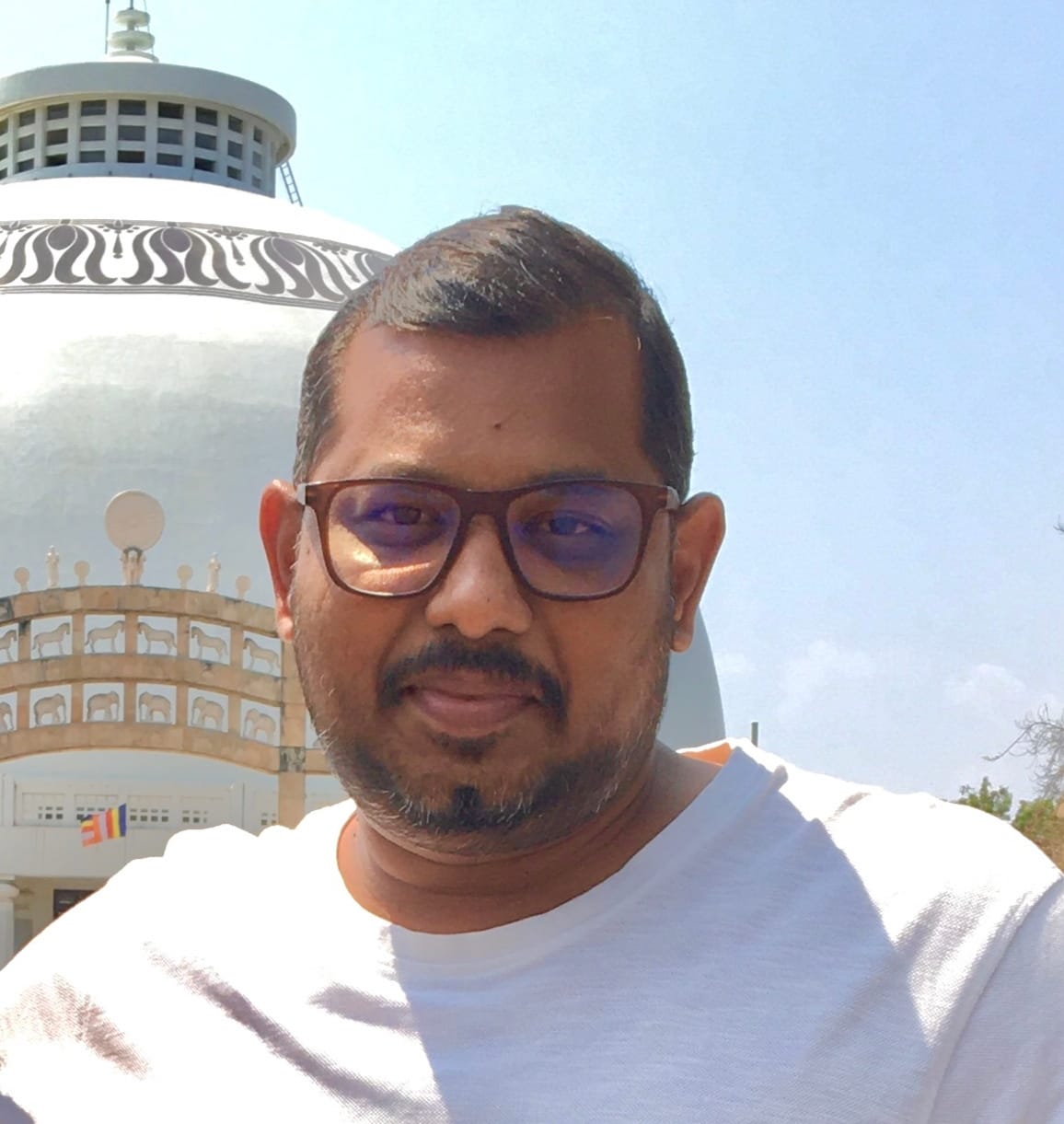Few Reasons Why People
Should Choose Us!
People choose Reivametta Foundation because of our unwavering commitment to breaking down systemic barriers and addressing deep-rooted inequalities in education for marginalized communities. Our tailored initiatives—ranging from vocational training and scholarships to digital literacy and entrepreneurship programs—are designed to equip disadvantaged individuals with the skills needed for economic independence. We began our journey with grassroots engagement, ensuring our efforts are deeply rooted in the unique challenges faced by Dalit, Adivasi, and other marginalized groups. Through strong partnerships with government agencies, NGOs, and other stakeholders, we advocate for policies that promote equity and inclusion, making a broader systemic impact. Our dedication to continuous monitoring and evaluation ensures our programs remain effective and impactful, evolving to meet the needs of the communities we serve. By fostering leadership, civic engagement, environmental sustainability, and cultural preservation, Reivametta Foundation takes a holistic approach to empowerment, championing social justice and creating opportunities for every individual to lead a fulfilling life and contribute meaningfully to society.
Our Vision
To create an equitable and just society where every marginalized community, including Dalits, Adivasis, girls, women, and other disadvantaged groups, has access to quality education and opportunities for growth, leading to their empowerment and the overall sustainable development of their communities.
Our Mission
We aim to break systemic barriers to education by providing marginalized communities with resources, opportunities, and support, promoting inclusion, skill development, and empowerment for a fulfilling and impactful life.
Our Journey
Reivametta Foundation addresses educational inequalities by empowering marginalized communities through key initiatives, partnerships, and advocacy, promoting access, inclusion, and sustainable development while fostering leadership, cultural preservation, and social justice.

